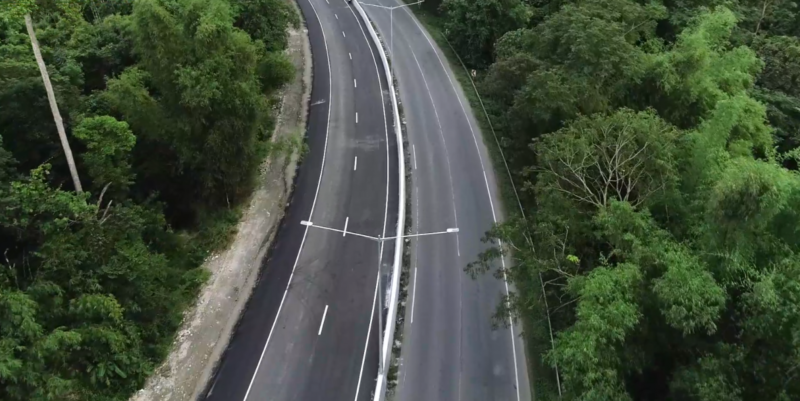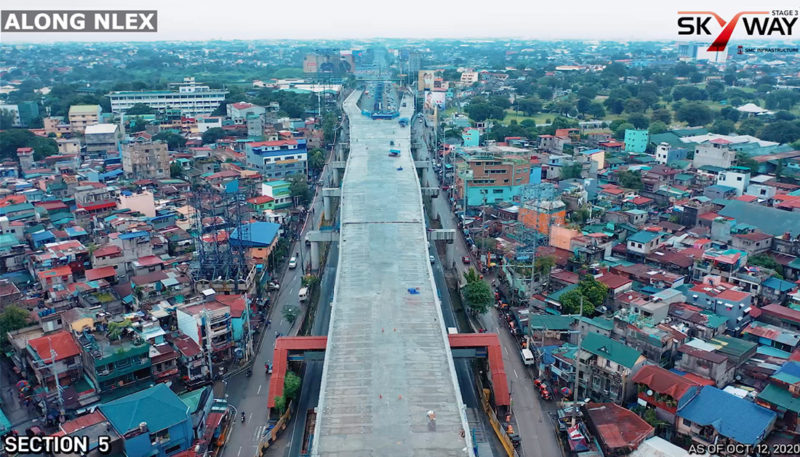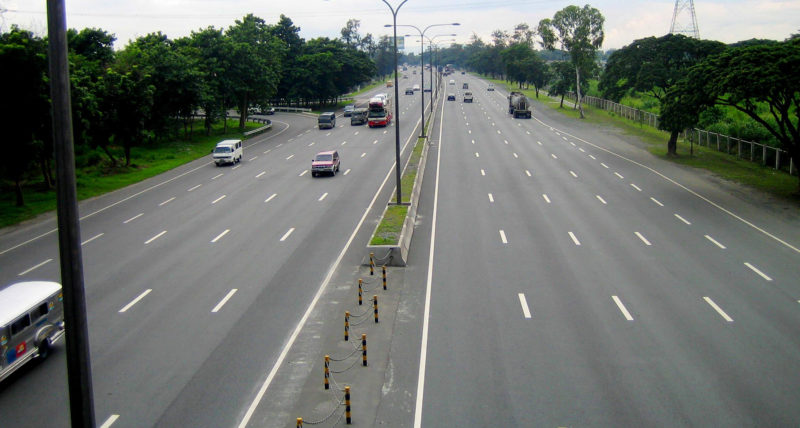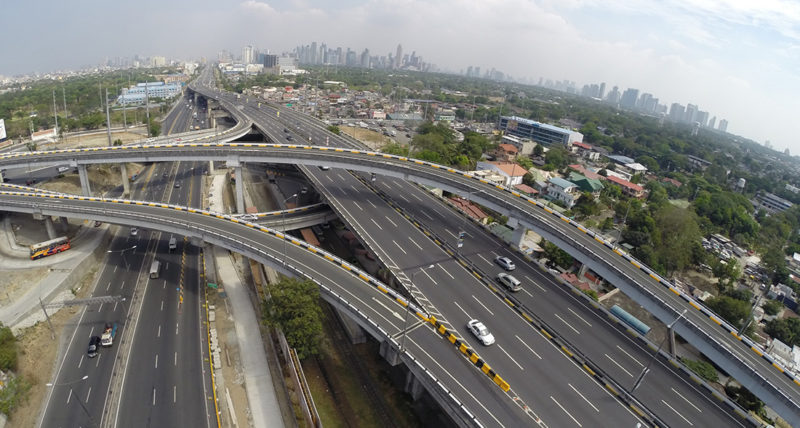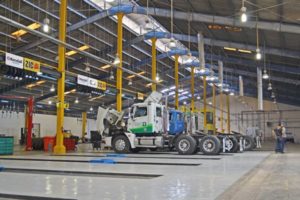
In terms of trucking and shipping, the report noted that though driverless trucks and ships are expected a little further down the line, assisted driving is already being used in logistics.
“AI-assisted driving including assisted braking, lane-assist, and highway autopilot is already being applied to increase efficiency and safety,” said the report. AI can monitor hundreds of sensors and is able to detect problems before they affect the vehicle in operation.
In business processing, many resource-heavy manual and repetitive business processes in finance, procurement, training, and human resources are being replaced by software robotics.
“AI can help Robotic Process Automation (RPA) learn from human decisions and make better ones by blending the rule-based systems of RPA with the dynamic learning of AI,” said the report.
In customs processing, meanwhile, with AI’s self-learning capabilities, language processing and visual perception, it will be able to process customs documents quickly and automatically. The complexity of customs declaration means that human involvement will always be necessary, but to a lesser extent.
AI can also be harnessed in predictive reporting. “By processing historical data to predict likely future activity, companies can begin to make more accurate shipment predictions and increase visibility in their supply chains,” said the report. “Importantly, AI can enable companies to get notifications if a delivery is deviating from the plan, giving them time to make adjustments.”
Artificial intelligence also has an increasingly important role in warehousing, said DSV. Using historical data and forecasts, AI will enable automatic sorting, counting, moving and other activities in warehouses. “With visual perception, robots will be better able to manoeuvre the warehouse space, which will increase the number of tasks that can be automated,” the paper said.
Last but not least, there are projects exploring the possibility of making traffic management systems more dynamic and responsive through the use of AI.
“AI algorithms will be able to predict changes in traffic enabling metropolitan mobility managers to make faster and more informed decisions on signal timing, suggested routing, and capacity allocation,” said the report.
DSV’s first “Forward Logistics” report is a collection of insights into global transport and logistics, covering a wide range of topics that are relevant now and not just in the future.
Photo by Carlos Daniel






